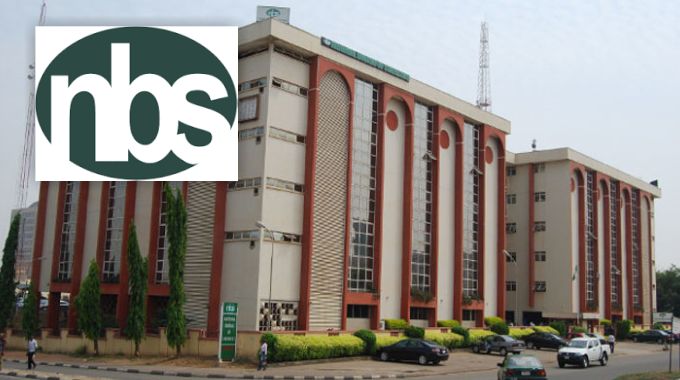NBS to review 30 years agric sector census database
The National Bureau of Statistics (NBS) recently rallied stakeholders from the 17 southern states to a workshop in Asaba, Delta State, on the need for National Agricultural Sample Census (NASC). The National Agricultural Sample Census (NASC) seeks to provide basic data on the existing structure, frame and impact of the nation’s agricultural sector to assist […]

National Bureau of Statistics (NBS)
The National Bureau of Statistics (NBS) recently rallied stakeholders from the 17 southern states to a workshop in Asaba, Delta State, on the need for National Agricultural Sample Census (NASC).
The National Agricultural Sample Census (NASC) seeks to provide basic data on the existing structure, frame and impact of the nation’s agricultural sector to assist governments formulate policies to alleviate hunger, ensure food security and tackle poverty.
Delta State commissioner for Economic planning, Dr. Barry Gbe, at the two-day workshop, said efforts to revisit the conduct of the exercise was quite germane considering the fact that it was done about 30 years ago.
He told participants to essentially address the objective, which focuses on agricultural data collection, to help in policy formulation and provide the nation with relevant information on the structure of the economy.
Gbe who spoke through his Director of Statistics, Dr. Alexander Ighoro, expressed optimism that the statisticians would come up with plan on how to enrich our data bank on the agricultural sector in the country, especially now that we are laying more emphasis on diversification to agriculture.
According to him, “reliable and timely data remains the key to effective planning because very soon data will become the new oil, hence provisions of basic data on the Agricultural sector is key to one of the Sustainable Development Goals (SDGs) of ending hunger and eradicating poverty.”
While commending the NBS for rising up to the challenges of insufficient and inconsistent data in agricultural planning, he believed that adoption of a participatory approach involving all the stakeholders would give room for transparency which enables all stakeholders to have a sense of ownership to contribute meaningfully to the achievement of the objective of the census.
The Director Demography and Household Statistics Department, NBS, Mr. Adeyemi Adeniran, said the National Agriculture Sample Census is a critical exercise in the statistical calendar of this year.
He explained with emphasis that NASC is an exercise designed to fill the existing data gap in the agricultural landscape in Nigeria, adding: “It is a comprehensive enumeration of all agricultural activities in the country, including crop production, fisheries, forestry, and livestock activities.
“The agriculture census is meant to be conducted between five to ten years, in line with standards set by the United Nations’ Food and Agriculture Organisation (FAO), however, the last round of this census was carried out in 1993/94, hence the crucial need for the census at this time.
“Several attempts were made at various times to conduct the census but it was never fully conducted, so it is extremely gratifying that the National Bureau of Statistics (NBS) is finally set to implement this all-important exercise,” he explained.
